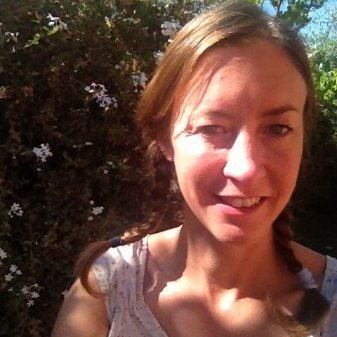Perth Festival review: Ochre Contemporary Dance Company & Daksha Sheth Dance Company, Kwongkan (Sand) ·
Fremantle Arts Centre, 16 February ·
Review by Varnya Bromilow ·
Creating overtly political art is hard. As an artist, how do you strike the balance between missed message and straight-up didacticism? Where does beauty fit into the picture, or should it not matter? Considering the fraught nature of the path, it’s unsurprising that many artists steer clear of broader political messages, irrespective of the depth of their personal convictions.
As a creator, Mark Howett has always dived fearlessly into this fray. As artistic director of WA’s Ochre Contemporary Dance Company he has directed 3.3 (2018), Kaya (2016) and Good Little Soldier (2017). Each of these productions was notable for its deft handling of thorny social issues and for the high calibre of technique and artistry. Whether the topic was Indigenous incarceration (3.3) or PTSD (Good Little Soldier), Howett straddled the line between preachiness and meaning with certainty, creating compelling shows that spoke truth as they engaged. With Kwongkan (Sand) however, that sweet spot is missed. It’s a deeply felt, impassioned treatise about climate change… but it’s also deeply flawed.
Like Kaya before it, Kwongkan is the fruit of a cross-cultural exchange between Ochre and Daksha Sheth Dance Company in Kerala, India. The work began life as a film, which some audience members may have seen preceding 3.3 last year. This first, film version of the work is lushly evocative, signalling an interest in the environment, but lacking the overt political agenda that forms the core of Kwongkan as a dance work. The most effective parts of 2019’s Kwongkan feature sections from the original film as backdrop, with dancers Ian Wilkes, Isha Sharvani and Kate Harman silhouetted in the foreground.
As a former lighting designer, Howett has a terrific eye for the visual and in this way, Kwongkan meets the high bar set by his previous efforts. Unfurling plastic film sheaths Harman, as she leaps across the grassed stage of the Fremantle Arts Centre; a blanket of soft plastics unrolls down an incline; Sharvani shinnies up a silk suspended from one of the eucalypts bordering the stage – there are some wonderful visual elements here but they feel like additions bolted onto what is an unfocused and uncertain narrative.
Kwongkan’s troubles begin with a split narrative focus – we start with climate change and humanity’s destruction of the planet, then we shift suddenly to the Stolen Generation and back again to the climate, this time with an emphasis on plastics. Each of these themes is worthy of a dance work of its own – to combine them all into one hour feels cruelly brief.
There is some truly remarkable filmed footage of the camps Aboriginal children lived in after being torn from their parents. This is complemented by incredible traditional dancing from Wilkes, who is one of the best young dancers at work in Australia. Sharvani and Harman join him in this sequence, one of the only joint sequences that enjoys a synchronicity noticeably elusive elsewhere. The accompanying skit of Wilkes’ forced adherence to Western dress codes is embarrassingly simplistic, seriously underestimating the audience’s capacity for a more nuanced depiction of this abhorrent period of our shared history.
Then, without notice, we are back to the environment. Admittedly, Howett faces a tremendous challenge in creating work about climate change – socio-cultural fatigue. Even the most ardent among us are sinking into a kind of inert despair at the lack of political action on this front. We understand the danger, we make lifestyle changes… but I’m ashamed to admit that I now actively avoid looking at the plastic ocean imagery because it makes me feel so awfully hopeless. There’s no avoidance to be had here – image after image of plastic-choked sea creatures were projected in a sequence that had many in the Fremantle audience in tears. This was followed by the dancers chanting (“we can’t eat money”) and exhorting the audience to join in. But rather than feeling like an uprising, it felt to me like a sad, desperate refrain.
There is no doubting the urgency of the themes tackled here, or the passion of the players. But despite these noble aims and some flashes of brilliance, Kwongkan fails to live up to expectations, both of Howett’s work and of Festival curated fare.
Kwongkan plays Fremantle Arts Centre until February 20.
Pictured top: Ian Wilkes in “Kwongkan”. Photo: Daniel Grant.
Like what you're reading? Support Seesaw.






